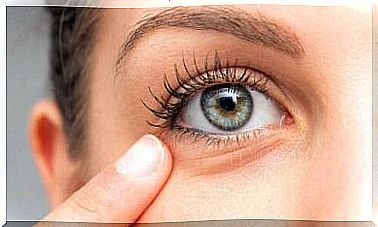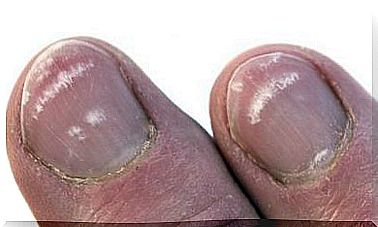8 Medical Causes Of Back Pain
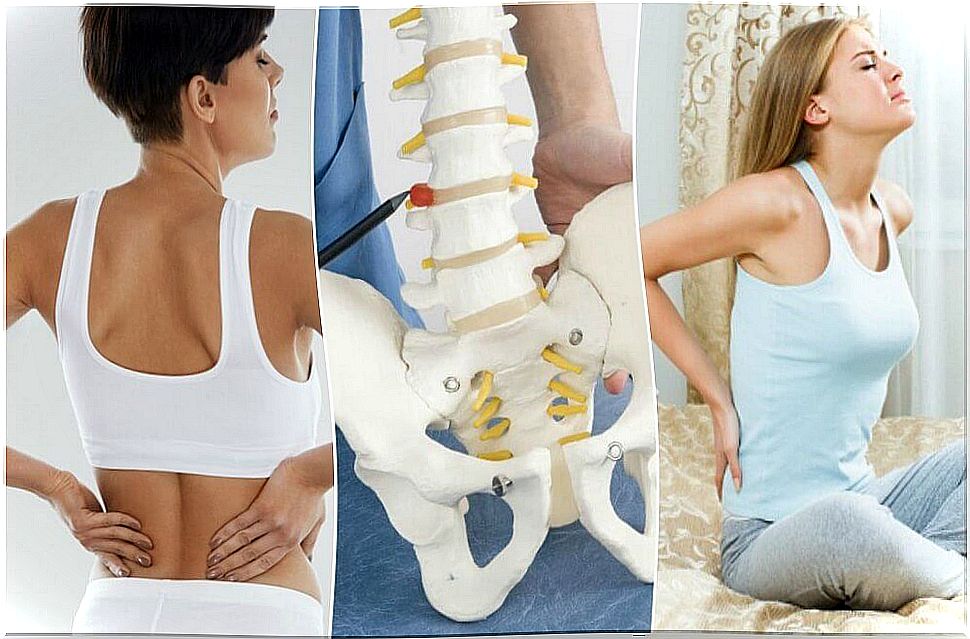
Back pain is one of the problems that generates many every year. There are many causes of back pain, such as poor posture or irritation at the bottom of your spine.
Low back pain is one of the most common forms of back pain. You feel stiff and tense in the lower back, sometimes accompanied by pain or a tingling sensation
Many people with low back or back pain find it difficult to perform everyday tasks. Often, the condition only gets worse if one tries, and can reduce one’s ability to move.
Although it is typically mild and sporadic, it is important to find out what the causes of back pain may be in order to develop a treatment and prevent further complications.
Today we will discuss eight of the medical causes of back pain that you should not ignore. Find out what they are!
Causes of back pain: Lumbar osteoarthritis
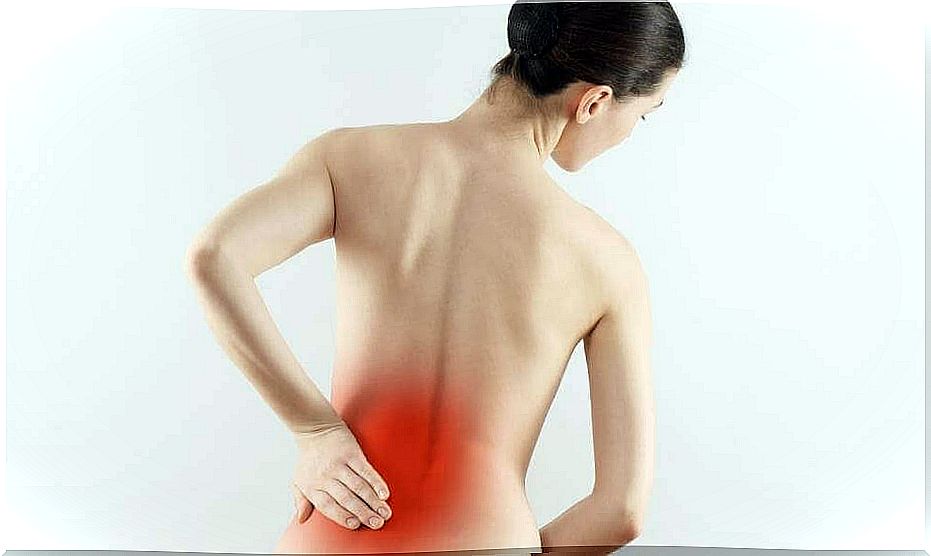
This degenerative disease affects the discs of the vertebrae that serve as stabilizers for your spine. It triggers an inflammatory reaction that causes pain, stiffness and difficulty performing certain movements.
It typically develops due to wear and tear on the joints from aging. However, it can also be a result of trauma or overexertion.
2. Muscle tension
Stretching a muscle or joint in the lower back can also be a source of pain. This causes instability in the spine and difficulty maintaining certain positions.
Typically, it is caused by vigorous physical activity or sudden and repeated movements in certain sports. It can also be due to obesity and certain other conditions.
3. Muscle cramps
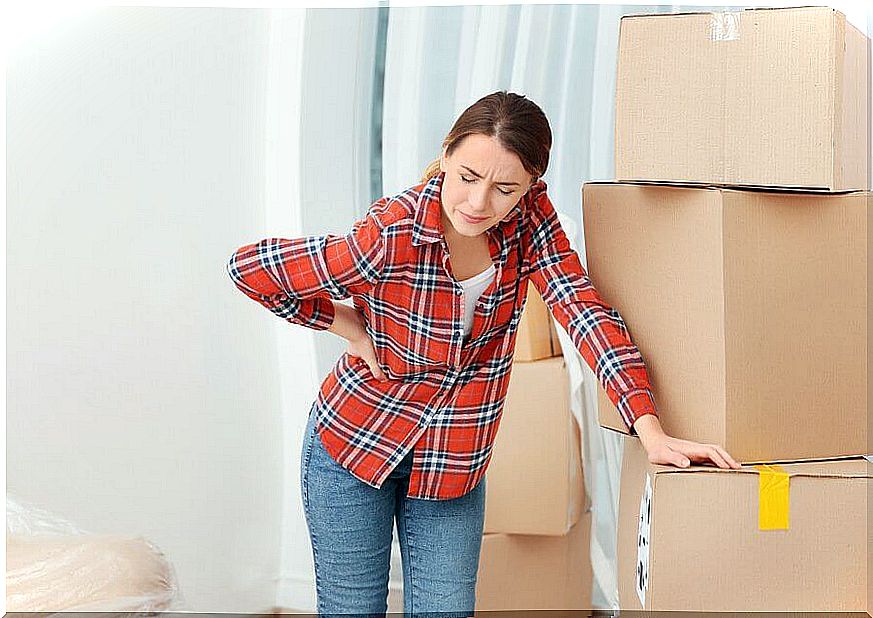
Most cases of low back pain are caused by muscular problems. A cramp in the muscles in an area can cause it to freeze, eventually leading to inflammation and pain.
This injury can be due to certain movements or due to poor posture.
4. Problems with the lumbar spine
Problems known as discopathies, such as disc herniation or osteophytes, can be causes of recurrent lower back pain.
These degenerative disorders lead to irritation, pain, and difficulty in performing high-intensity sports. In general, the symptoms worsen when you wake up or stay seated for long periods. In addition, painful sensations can extend to the legs, especially if a nerve becomes compressed.
5. Muscle weakness

Muscle weakness can occur due to lack of physical exercise, poor diet or other unhealthy habits. This causes the spine and joints to lose their stability and support capacity.
As a result , there is strain on the area and pain can extend from the lower back to your arms and legs.
6. Female reproductive disorders
Certain conditions that affect women’s reproductive system may be associated with back pain and may be sporadic. This happens frequently during uterine contractions and cramps during periods.
It can also be a product of disorders such as endometriosis or bladder infections.
If the pain is recurrent and extends from the pelvis to the lower back, it is best to see your doctor.
7. Stomach and intestinal problems

Most people allow back pain to conditions that affect the spine. In some cases, however, it can be a warning sign of a digestive system disease.
Peptic ulcers, rectal pain and constipation are all conditions that can trigger back pain.
8. Kidney disease
It is very important to consider kidney disease as a possible cause of low back pain. While this may not be the only symptom, it typically occurs when the problem worsens.
The pain will be visible on the sides and in the lower central back. It usually appears when you have kidney stones or urinary tract infections.
Other symptoms may include changes in the color and odor of your urine, moderate fever or a burning sensation during urination.
Do you suffer from low back pain? If you have good health and posture and think that there may be another cause for this symptom, talk to your doctor to get the correct diagnosis. Although it is not always serious, it is better to determine if its origin is a disease of greater concern.

